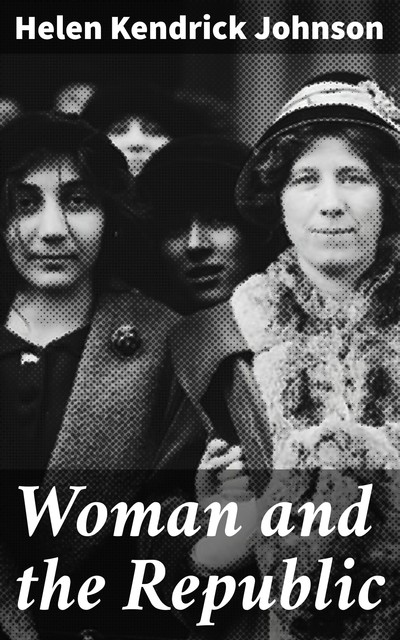In “Woman and the Republic,” Helen Kendrick Johnson presents a compelling critique of the social and political status of women in late 19th-century America. The book employs a mix of eloquent prose and robust argumentation, challenging prevailing notions of gender roles and advocating for women'Äôs rights within the framework of republican ideals. Johnson's literary style is characterized by its persuasive rhetoric and detailed analysis, situating her argument in the broader context of contemporary feminist discourse while also addressing the social reform movements of her time, such as abolitionism and suffrage. Through historical examples and philosophical underpinnings, she constructs a powerful case for the integral role of women in the republic's future, making a significant contribution to the dialogue on gender equality. Helen Kendrick Johnson was not only a feminist thinker but also an active participant in the women's rights movement. Her background as a writer and her deep engagement with societal issues of her time led her to articulate the urgent need for educational and political reforms for women. Johnson's insights were influenced by her experiences and the prevailing social conditions, which often marginalized women's voices in public discourse. Her work serves as both a reflection of her time and a forward-looking manifesto, urging readers to recognize the essential contributions of women to society. This book is highly recommended for scholars, students, and advocates of gender equality, as it provides a nuanced historical perspective on the development of feminist thought. Johnson's well-researched arguments resonate strongly today, establishing her as a pioneering figure in the quest for women's rights. Readers will find in “Woman and the Republic” not only a historical artifact but a relevant discourse that continues to inspire modern movements for gender justice.

